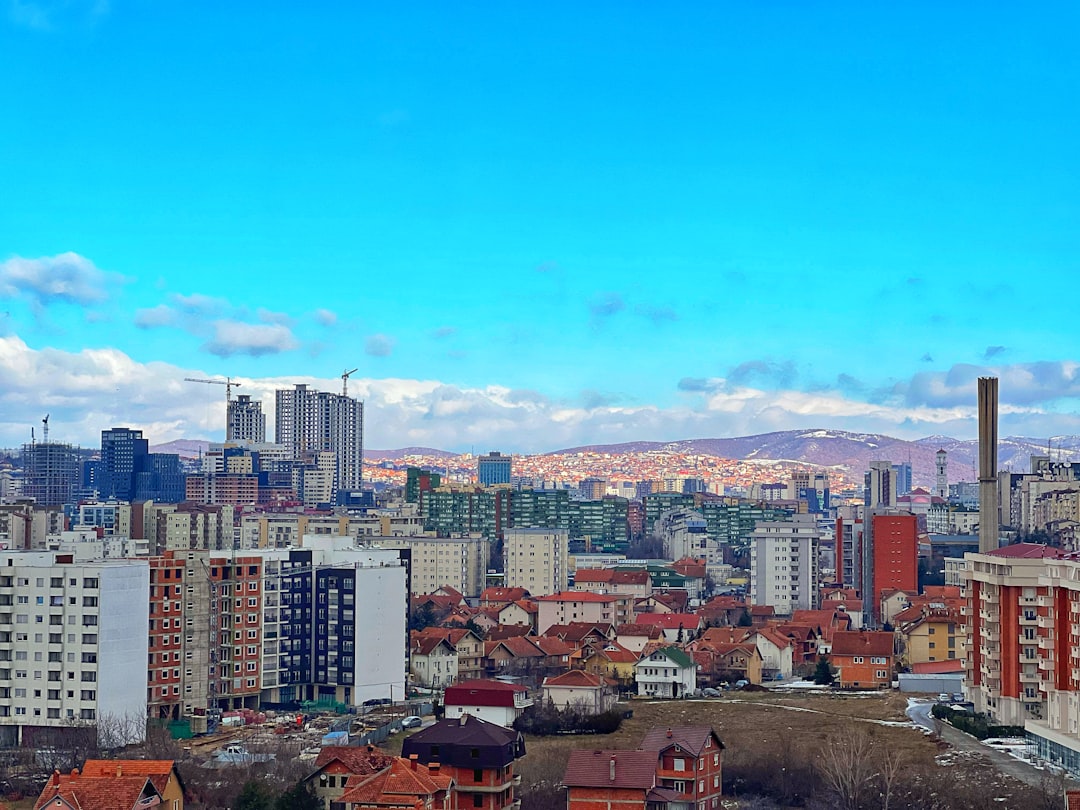Pivoting to the Serb community in southern Kosovo
To develop lasting, concrete influence in Kosovo and the wider Balkans, the EU should pivot its focus towards the Serb community in southern Kosovo

The recent violent protests and riots in Mitrovica in northern Kosovo between persons from the Serb minority and NATO-force KFOR soldiers have been reported in several European media. After the recent local elections, the situation is seen as a new example of violence, hate, and ethnicised political tensions.
T…




